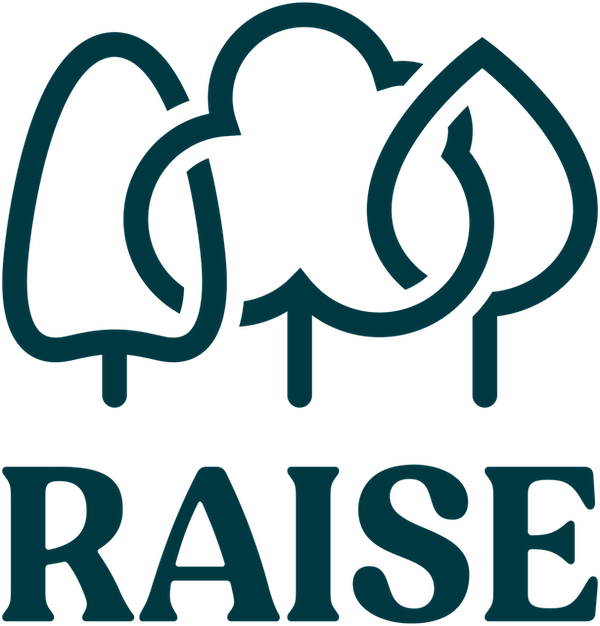Raise Cumbria hosts event with Defra at Park House Farm
Raise: Cumbria Community Forest were delighted to host an event at Park House Farm in Torpenhow last week. Attended by Stephen Penlington, Defra’s Woodland Creation Partnerships Lead – England Tree Programme and Tim Hughes, Defra’s Community Forests Lead, as well as officials from Cumberland Council, Westmorland & Furness Council and other special guests, the event was a chance to introduce Raise: Cumbria Community Forest’s vision, innovative model, early impacts and ambitions for the future – all in the context of Park House Farm, a flagship Cumbria Community Forest site.
Jen and Mark Lee, regenerative farmers and owners of Torpenhow Cheese Company and Three Hills Gelato, led guests on a tour around the farm to show how trees have been critical to their method of farming, both improving the quality of their product and the health of their herd. They shared the transformative impacts that partnering with Raise: Cumbria has had upon the financial growth of their business – enabled by Raise’s innovative approach, funding offer and expert team staff – and their vision for the future. Guests were shown where trees have been planted and to what effect, how existing pockets of canopy have been connected and were treated to some ‘real time’ tree planting being delivered by a group of volunteers. They met the farm’s dairy herd, were introduced to a team of pigs and a friendly chicken joined the presentations…
Tim, Stephen and James Cobbold (Raise: Cumbria’s Director) then shared inspiring case studies of strategic partnerships between local authorities and Community Forests across England that have achieved significant environmental, social and economic benefits for local communities through tree planting – including several Cumbrian examples.
Over a homemade lunch including fruit and vegetables grown on the farm and cheese and gelato made from the farm’s very own grazing herd, guests enjoyed a lively discussion led by Charles Vivian, CEO of the Community Forest Trust. Subjects covered included challenges for the future, ways to unlock more land in the area for planting and how planting trees and increasing access to woodland can help address health inequalities for Cumbrian residents (particularly neurodivergent communities).









